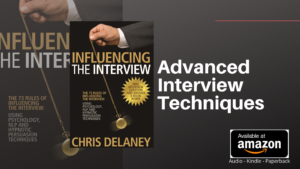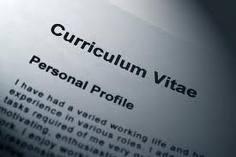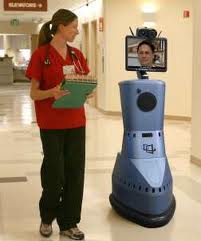An Introduction to the theory and models used in IAG sessions
Career Guidance Theory
Careers’ guidance theory is based often on research and provides practitioners a framework from which they can work from. Careers guidance theory is developed through best practice and allows practitioners to measure the impact of their intervention.
Without career guidance theories and research, practitioners may use dated models of IAG (information, advice and guidance) which were often relevant to their time but have now become dated.
Career guidance theory is developed and improved to be more relevant to the changes in the government policy, economy and advances in new technology. Without a framework or theory, career advisors may find it a difficult task to evaluate their practice and a lack of evaluation can lead to a lack of identification for areas of improvement, impact or good practice.

Career Guidance Research
Good theory is always based on research. But guidance practitioners have to be aware of how the researcher’s voice that the practitioner is well-read on will dominate the career guidance session, even though there is a general commonality in all career guidance models of ‘moving the client forward.’
An advisor using one model or theory, as an example “Differentialist theory” will identify the client’s interests and needs, and match these to opportunities,. A second advisor using “developmental theory” will take into account how the client will develop and change over time, and how the client will learn new knowledge and skills.
These two theories, designed to support the advisor to move the client forward, may have different outcomes. A practitioner using Egans model will presume the practitioner has a rapport with the client, whereas the later developed Hambly model, which was built on Egan, doesn’t assume anything.
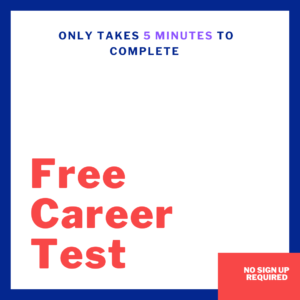
Without evidence-based research, practitioners will not know, apart from through their own experiences, what the best framework for providing IAG (information, advice and guidance) is.
In addition, as we have addressed, models and theories need to develop to meet the needs of the current time.
Practitioners of IAG, as part of their personal development, will keep up to date with new theories and models through a number of ways, one being a shift in agenda by government policies.
Theories of career choice and decision making
Theories of career choice and decision making have developed over the years building on good practice and research, starting from:
1950’s – Differentialism
1960’s – Developmentalism
1970’s – Stucturalism
1990’s – Social learning
1990-2000’s – Constructivism, planned happenstance and community interaction theory.
The Constructivist Approach
The constructivist approach (Savikas Young and Collin (1992), works on the client’s level, allowing individuals to make their own choices in the context of their own interpretation of the world, which has been referred to as the ‘narrative approach.’
The constructive approach takes into account that we all perceive the world differently through our own personal filters which generally include the client’s past experiences, their generalisations, deletions and distortions and the state the client is in.
As an example, two people thinking about a parachute jump will have two completely different internal representations, one person may feel excited while the other may become highly nervous. This is the same for when a client thinks of a certain career choice, the client may ‘excited,’ ‘bored,’ ‘fearful,’ or any number of emotional reactions.
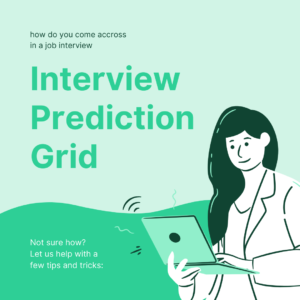
In this way, the advisor has to be aware that they and the client will be representing the session differently and will need to ask ‘clean language’ questions to continue to build rapport and to help the client move forward.
To understand the client’s world in more detail, the advisor can ask the client what they know about a certain topic, while at the same time not imposing their own constructs onto the client.
Constructivism highlights that the teacher, which may be an IAG advisor, will need to provide sensory input so the client will construct meaning from it.
With each experience, the client will learn and their view of the world may be re-enforced or changed. By suggesting situations without adding your own perspective the client will make their own construct from this, which adds to their learning.
This learning is then internally and most likely subconsciously rather than consciously remembered, affecting future perspectives as this situation may be generalised, deleted or part deleted and distorted.
This theory is highly client-led, but can take time as the advisor cannot suggest ways forward and can only offer situations for the client to digest and then perceive in their own way, learning which each new perceived situation.
Clients can easily build up limiting beliefs that may need challenging in a constructive way, by asking clients questions on their situations and past experiences while the advisor asking situation questions do not add their own interpretation onto the client which may break rapport.
Planned Happenstance
Planned Happenstance (Mitchell 1999, Krumboltz and Lewin 2004) theory allows clients to make career choices by keeping an open mind, taking hold of new opportunities and engaging in networking.
Planned Happenstance affects all people in all areas of their lives and affects people’s interpretation of their world (constructivism.) when planning a career, clients and advisors cannot predict how politics, new advances in technology and world economics will affect their planned future career opportunities.
These unplanned events can create opportunities for people, which when grasped can open new exciting opportunities that were never predicted. Pathways are often unfolded, rather than planned, if clients keep an open mind rather than sticking to a well thought out plan, that can in some instances become a barrier rather than a support mechanism, the client may receive “once in a lifetime opportunities.”
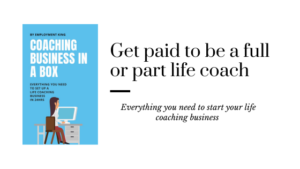
Planned happenstance is highly effective as clients cannot know all the possibilities available to them. The advisor, to give the client the best opportunity should endeavor to build up the client’s networking skills to increase new planned happenstance opportunities.
Advisors should use opportunities to help them client reframe situations which is the opposite of the constructivism theory where advisors recognize the client’s perceived view of the world.
By increasing the client’s activities, networking opportunities and opportunities they are more likely to naturally find planned happenstance situations.
In some cases, a client may choose planned happenstance rather than sticking to a planned career path, believing that this new opportunity will suit them well or that they may miss out on a good opportunity while waiting for their ideal career.
Once in this ‘good opportunity’, clients may fall into the routine of this new position and miss out on the ideal position they could have held out for.
This means clients should way up each opportunity against their criteria making a more informed discussion rather than taking any opportunity, in this way planned happenstance is a conscious, purposeful, and on-going process that will help the client to build a more satisfying and fulfilling career.
Community Interaction Theory
Community interaction theory (Law 1981) suggests that some of the most influential factors in career choice relate to events that occur in the context of ‘community interaction’ between the individual and their social groups.
Law identified 5 components that affect people and their career choices;
- Expectations – this can be pressure from family members to follow a certain career.
- Feedback — ongoing positive and negative feedback and re-enforced messages from peers, family and professionals.
- Support — reinforcement of aspirations and assistance in developing appropriate skills and strategies.
- Modeling — can be conscious and unconscious and can be positive or negative, clients may model peers, family and professionals and can also feed into the expectations criteria.
- Information — opportunities to find out about options that can feed into the planned happenstance theory.
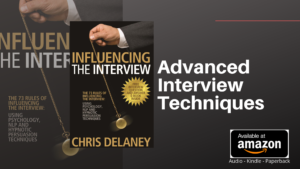
The amount of information a person receives around career opportunities, LMI (labor market information) and career advice and the quality of this advice affects how the client will perceive the world (constructivism)
These 5 components can come from many sources including family, professionals, peers and friends and by exploring these 5 components the advisor can understand how external factors affect the client and can work with the client to overcome these difficulties and to help them deal with any barriers to moving the client forward.
If needed advisors can support the clients to gain more positive community interactions in all 5 components.
For an advisor working with ethnic groups, advisors need to be aware of cultural differences and cultural history and how these affect the clients. Without this knowledge, advisors may break rapport or at the worst build up new barriers.
Egans Model
Egans model of career guidance is a well known and used career guidance model. This is a 3 stage model used to help people solve problems and to develop opportunities.
The Egan model addresses 3 main questions:
“What is going on?”
“What do I want instead?”
“How might I get what I want?”
These questions can be asked and answered in one session, but will often be discussed over several sessions.
The 3 steps make it easy for both the advisor and client to know where they are what stage they will be moving onto next. Egan is easy to use and is client-focused while continuing to develop the client throughout the 3 stages.

The model is forward moving which has a positive motivation behind it, but with some clients, you may need to return to an earlier stage especially after large breaks between appointments and the Egan model does not allow this.
Unlike Hambly’s integrative model, Egan presumes the advisor already has rapport where in many cases advisors may need to build rapport up over several sessions to deal with any deep issues the client has to face.
Egans model is highly solution focus, asking in part 2 futuristic questions and also covers blind spots, feelings and potential barriers while keeping a focus on moving forward.
The Egan model uses leverage, commitment and action planning to keep the client on track and motivated with what had been agreed in the session, the action plan also allows the client to see the distance traveled.
The action plan stage often uses SMART actions and allows the client to time-bound actions asking “what will you do first?” Egan is found to be client-focused with emphasis on future action and client involvement designed to empower.
Once the endpoint has been reached, the experience of trying out can be the starting point for mentoring sessions allowing the Egan model to start again.
The Integrative Model
The Integrative model was built on Egan with a focus on career advice and unlike Egan who assumes rapport and contracting, Hambly uses stage one of three stages to address and establish these foundations.
Hamblys model, unlike Egan, allows a flow through the model allowing if needed for advisors to return to any stage throughout the model. Like Egan, Hamblys model is client-led – looking at the client’s story, has a focus on moving forward, looks for blind spots and agrees on commitment and actions for the client to move forward.
 Complete your Application Forms.
Complete your Application Forms. 






